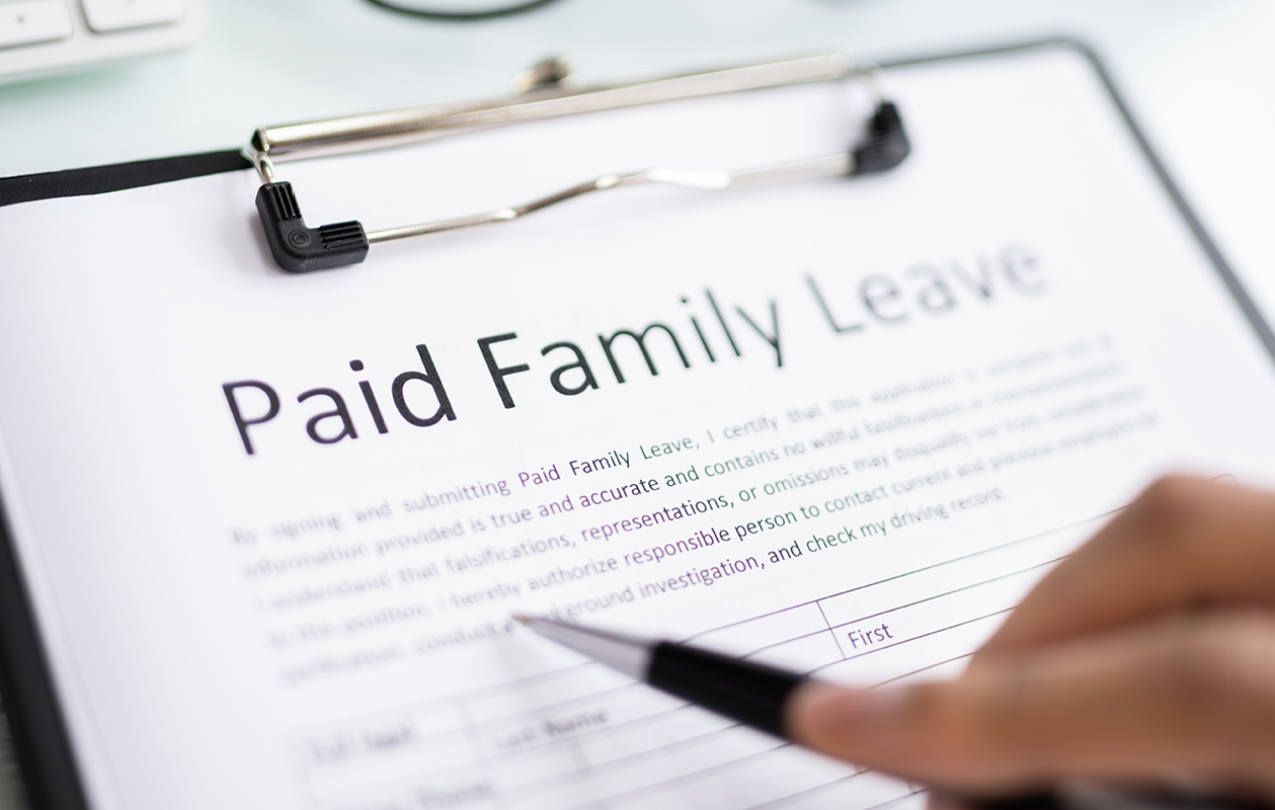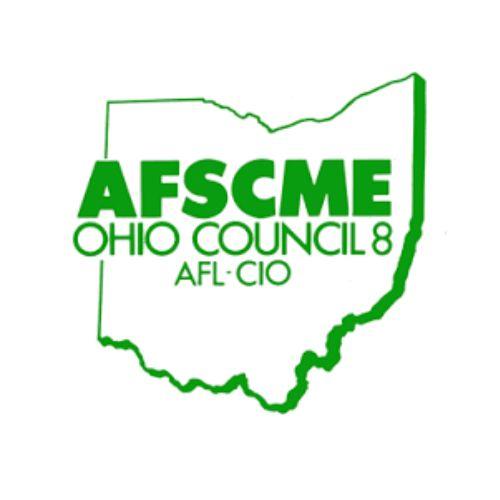 30 years of the Family and Medical Leave Act: much to celebrate, much more to do
30 years of the Family and Medical Leave Act: much to celebrate, much more to do
In January 1993, Joann Mapp shared a powerful message on a conference call with newly elected President Bill Clinton. Mapp, a keypunch operator at the Philadelphia City Police Department and a member of AFSCME Local 1637 (District Council 33), was a single mother to 5-year-old twins.
Mapp bravely shared what a pending piece of legislation would mean in her life. It “would ensure that I wouldn’t lose my job in the event that one of my children becomes ill … it would be a blessing for everyone.” Days later, President Bill Clinton signed the Family and Medical Leave Act into law — exactly 30 years ago.
The FMLA was historic for its time. It offers up to 12 weeks of unpaid time off for workers to address serious health concerns, care for a newborn, or tend to a sick family member. It provides job security and continued health insurance during moments in workers’ lives when they need to focus on themselves and their families. It means that so many people don’t have to make a wrenching choice between work and family.
AFSCME has been in this fight for decades. Beginning in 1985, AFSCME leaders testified on Capitol Hill, making the argument for a federal policy covering family and medical leave. During the yearslong process to pass the FMLA — President George H.W. Bush actually vetoed the bill twice — AFSCME members kept the heat turned up by writing and calling their legislators to voice their support.
The FMLA has extended a lifeline to millions of working families. Through 2020, it had been used more than 315 million times, with nearly 15 million workers benefitting each year, according to U.S. Department of Labor data. The burden on employers is negligible — 90% of employers report no difficulty complying with FMLA. And yet, not everyone can take advantage — about 44% of the workforce is excluded from FMLA coverage.
Most workers are denied FMLA if they are not full-time employees, have not worked for their employer for a long enough period, or simply because their employer is too small. There are racial inequities too: 48% of Hispanic workers, 47% of Asian American workers and 43% of African American workers do not qualify for FMLA.
Even for those who do qualify, the FMLA grants only unpaid leave. How many workers, even if they have the peace of mind of knowing their job is safe while they look after their families, can afford to go without several paychecks?
It’s time to do more. To be pro-worker means to be pro-family, and to do so we must bolster America’s outdated and inadequate leave policies.
There is vast room for improvement by providing national paid leave; expanding leave to cover all workers; and extending parental leave to both parents. Globally, the United States is a shocking outlier; it stands nearly alone among industrialized nations in guaranteeing no national paid leave at all. On the 30th anniversary of the FMLA, we must both celebrate it and build on it. We must recommit to the fight for equitable, universal paid leave for everyone.
